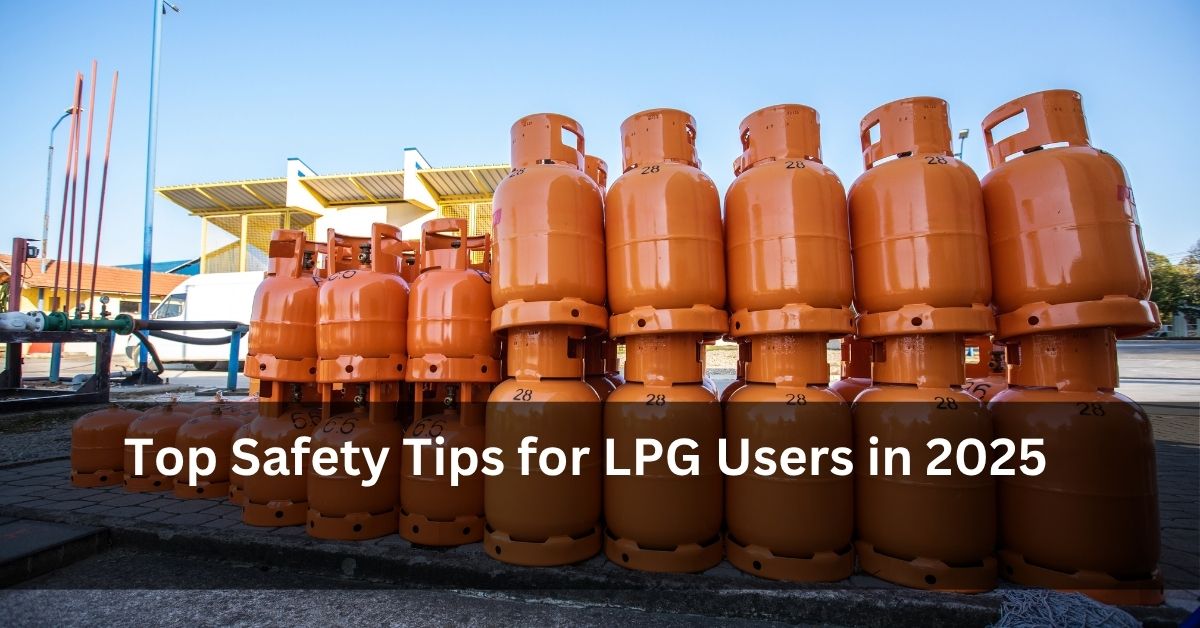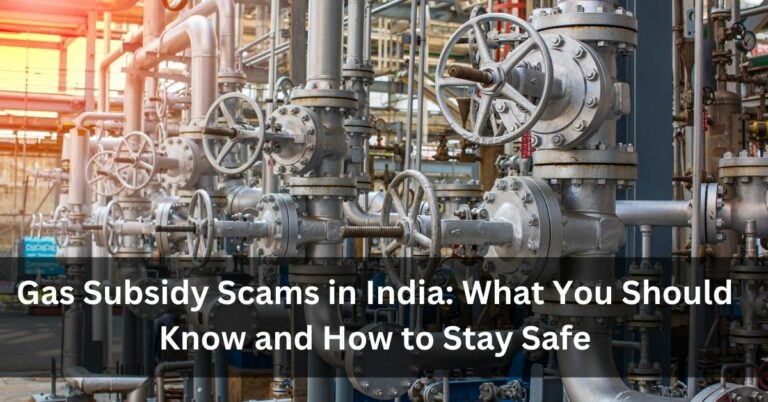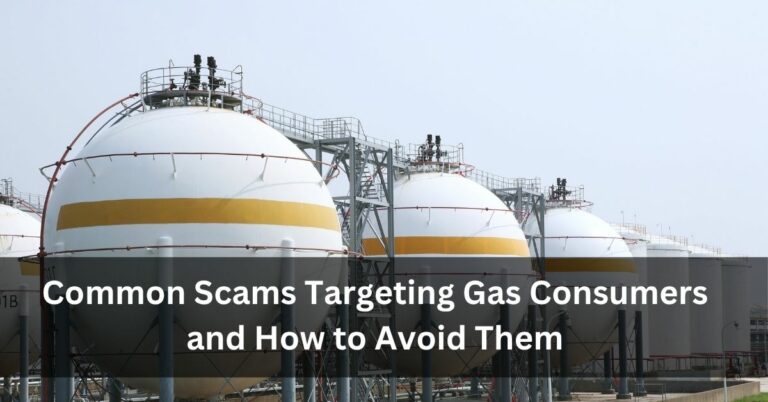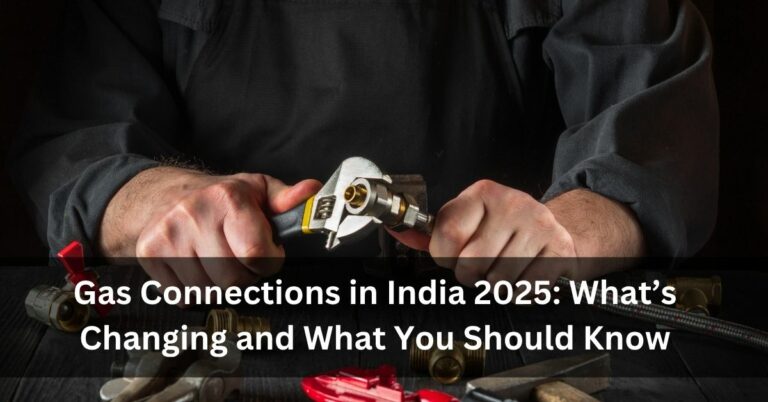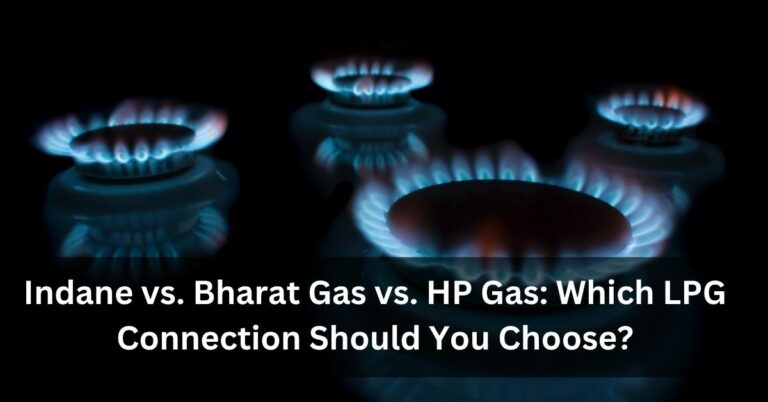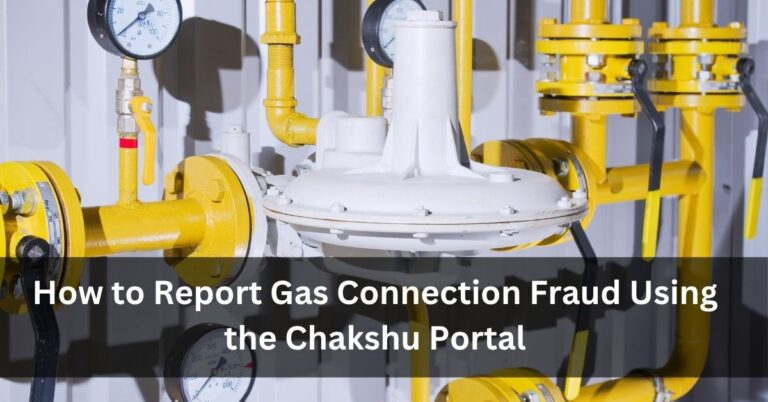Top Safety Tips for LPG Users in 2025
In most Indian homes, cooking gas or LPG is a part of daily life. It’s fast, easy to use, and helps make hot meals without much trouble. But even though it’s common, using LPG carelessly can lead to accidents. That’s why it’s important to follow safety steps while using gas at home.
This guide is written in plain language to help you understand what you need to do to stay safe. For more updates on gas connection tips and related news, check Chakshu Portal.
1. Always Buy Your Cylinder from a Trusted Source
Before anything else, make sure your LPG cylinder is coming from an official gas agency. Never accept a cylinder from unknown sellers. Authorized distributors follow rules and safety checks, while others may not.
When your cylinder is delivered, check these things:
- Seal and safety cap: Make sure it is not broken or missing.
- Weight: Ask the delivery person to weigh it in front of you. A full domestic cylinder should weigh around 29.5 kg.
- Test date: Look for the testing date on the metal body of the cylinder. It tells you when it was last tested for safety. If it’s outdated, don’t accept the cylinder.
Always report problems to your gas agency. You can find more such tips on Chakshu Portal.
2. Where and How You Keep Your Cylinder Matters
The place where you keep your cylinder is also important. Keep these simple tips in mind:
- Always place the cylinder upright. Never lay it down.
- Put it in a place that gets fresh air, like near a window or a door. Don’t keep it in closed cabinets.
- Keep it away from heat sources like stoves, ovens, or direct sunlight.
A well-ventilated area is safer. In case of a leak, the gas will not collect in one place.
3. Cook Smart: Safe Habits in the Kitchen
Every time you cook, follow these safety habits:
- Keep windows open. Fresh air helps if there’s any minor gas leak.
- Don’t leave food unattended on the stove.
- Use pots that fit the burner size. Too-large vessels can tilt or spill.
- Turn off the regulator when you’re done cooking. This one small habit can stop accidents.
Also, try to keep flammable items like paper, cloth, or plastic bags away from the stove.
4. Keep an Eye on Pipes and Regulator
Many accidents happen not because of the cylinder but because of worn-out rubber tubes or faulty regulators. Here’s what to do:
- Check the rubber tube every few weeks. If it’s cracked, hard, or damaged, change it.
- Replace rubber tubes every 2 years, even if they look fine.
- Use only ISI-marked regulators and tubes. These follow Indian safety rules and are tested.
Make it a routine check — just like checking the water filter or electric wiring. You can always refer to Chakshu Portal for more such household safety steps.
5. Know How to Detect a Leak
LPG has a strong smell, so you’ll notice it quickly if there’s a leak. But here are a few ways to be sure:
- Smell test: If you get a strange, pungent smell near your gas connection, that could be LPG.
- Soap test: Mix water with soap and apply it to the pipe joints using a sponge. If bubbles appear, there is a leak.
- Don’t use fire to check leaks. Never use a matchstick or lighter to test for leaks.
6. What to Do If You Smell Gas
If you suspect a gas leak, don’t panic. Take these steps immediately:
- Turn off the gas regulator.
- Don’t turn on or off any switches. A small spark from a light switch can cause trouble.
- Open all doors and windows to let the gas out.
- Do not use mobile phones inside the house until the gas smell goes away.
- Leave the house if the smell is strong, and inform your gas agency or emergency service.
Every second counts. It’s best to be calm and careful. For more guidance, visit Chakshu Portal.
7. Be Ready for Emergencies
It’s always good to be ready before something goes wrong. These steps can help:
- Keep emergency contact numbers visible in the kitchen — like your gas agency and the fire department.
- Install an LPG gas leak detector. It’s a small device that makes a sound when it detects gas in the air.
- Teach your family what to do in case of a leak. Even kids should know the basic steps.
Simple awareness can prevent big accidents.
Final Thoughts
LPG is safe if handled with care. Most gas-related accidents can be avoided just by following basic safety rules. Make sure your cylinder is in good condition, your rubber pipe is not too old, and you never ignore the smell of gas.
Safety is not hard. It just needs attention and a few regular habits. Whether you cook every day or once in a while, these steps matter.
For more tips on gas connection safety and household news, keep checking Chakshu Portal. It’s a good place for practical and useful updates for Indian families.

